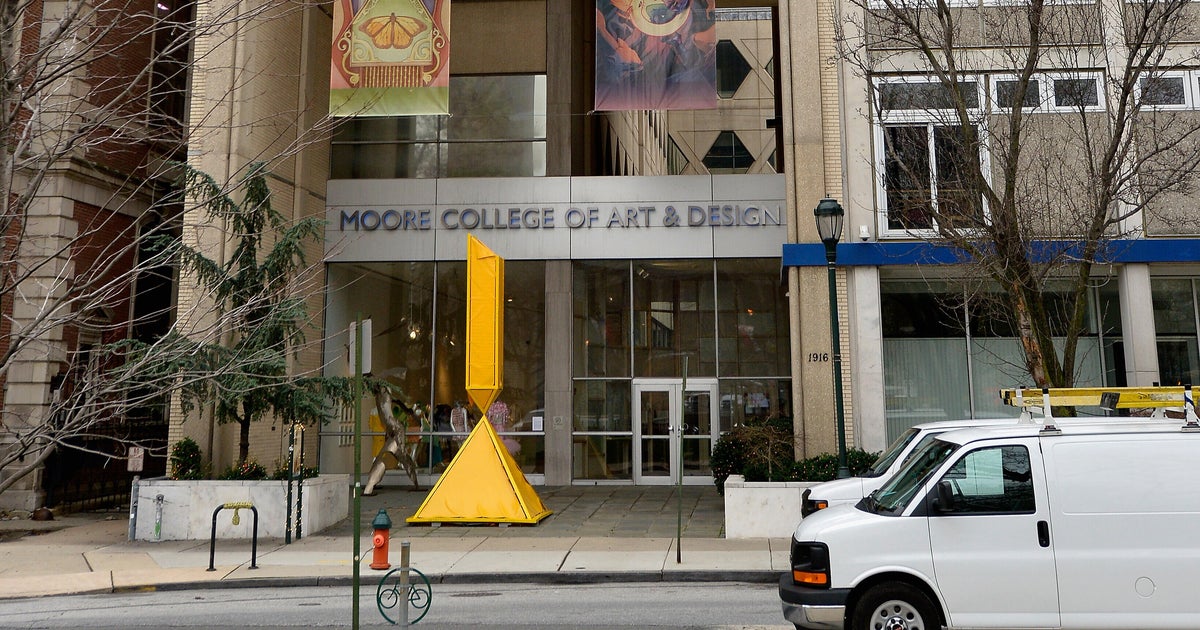What are parent student loans?
If you're the parent of a child heading to college this fall and looking for ways to help out financially, you may want to consider a parent loan.
These are loans you, as a parent, can use to borrow money to use toward your child's education costs. Borrowing on behalf of your child to help fund their college expenses can be a big undertaking — but your longer credit history and firmer financial footing could help reduce overall costs.
Parent loans may have very different terms from standard loans available to students, and your options for them can vary depending on whether you choose a federal or private parent loan. Start exploring whether this is a good option for you by comparing today's student loan rates here now.
What are parent student loans?
Parent loans may be an option worth considering if your child doesn't qualify for federal loans or cannot cover the full cost of their education through loans they can get on their own.
But it's important to understand just what you are signing up for when taking on this type of loan. You'll be fully responsible for loan repayment and your credit will be affected. Plus, these loans can have different repayment terms, fees and interest rates from student loans that you should be aware of before you apply.
Here's what to know about both federal and private versions of parent loans:
Federal parent loans
Federal parent loans are known as Parent PLUS Loans. To qualify, you must be the biological or adoptive parent of an undergraduate student, not have an adverse credit history and meet general eligibility criteria for federal student aid, according to the Department of Education.
Parent PLUS Loans currently carry a fixed interest rate of 8.05% — much higher than current undergraduate Direct loans at 5.50%. There's also a loan fee of more than 4%. However, parent loans don't carry the same maximum borrowing amount; you can borrow up to your child's cost of attendance (minus any other financial aid).
When it comes to repayment, you'll be expected to start paying after the loan is disbursed. You may request a deferment period while your child is still in school, though interest will still accrue.
Private parent loans
If you have great credit and can qualify for a better interest rate, you may also consider private parent loans.
Plenty of private lenders offer loans to parents to help fund their child's education. These loans may offer more options for borrowers, including either fixed or variable interest rates, different loan term lengths and more.
Your interest rate for private parent loans is more dependent on your credit score and application details. If you have excellent credit, you may qualify for interest rates as low as around 5% to 6% — even lower than federal parent loans. But lenders may also charge up to 15% to 16% in some cases, depending on your creditworthiness.
The amount you borrow can vary, depending on your application details and your child's cost of attendance. Your repayment options can also vary greatly depending on the lender you choose. Make sure you compare lending options before deciding. Get started with some of today's top loan rates here.
Should you take out a parent student loan?
Parent student loans may be a good option for parents — especially those with solid credit scores — to assist their child in paying expensive college costs. But it also requires a great amount of responsibility, since you'll be solely responsible for repaying the loan.
Think about whether taking on a loan worth potentially thousands of dollars in addition to interest payments is affordable, given your other expenses and financial goals. You may want to speak with a financial advisor about the best ways to plan for and repay the loan before you apply.
Before you decide, consider whether a federal or private parent loan may be best for you. Like any type of loan, you can benefit from seeing what loan terms and rates you prequalify for with a number of lenders before making your decision. Compare those offers with the current year's federal Parent PLUS Loan terms to decide which type of loan best fits your individual situation.
The bottom line
If your child doesn't qualify for enough aid to cover the costs of their education, parent loans may be a financial resource to consider. As the parent, you'll be responsible for the loan repayment and you'll see the effects of the loan on your own credit score. Before you apply, make sure to weigh all your options, including federal and private parent loans and the rates and terms you can qualify for.




